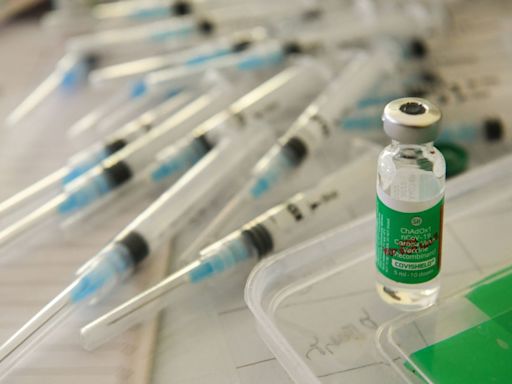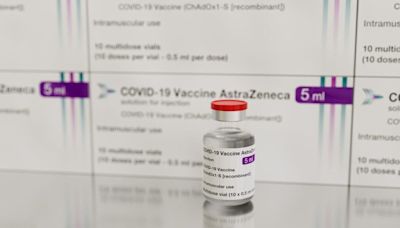Search results
Apr 19, 2022 · Thrombocytopenia means you have fewer than 150,000 platelets per microliter of circulating blood. Because each platelet lives only about 10 days, your body normally renews your platelet supply continually by producing new platelets in your bone marrow. Thrombocytopenia rarely is inherited; or it can be caused by a number of medications or ...
Sep 15, 2023 · A low platelet count means your blood lacks the small cells it needs to form clots. Some of the most common causes of low platelets include an autoimmune disease called idiopathic thrombocytopenic purpura (ITP), leukemia, infection, nutritional deficiencies, pregnancy, and certain medications. Symptoms include bruising easily, a rash of tiny ...
Oct 31, 2023 · One of the most common causes of low platelets is a condition called immune thrombocytopenia purpura (ITP). You may hear it called by its old name, idiopathic thrombocytopenic purpura.
If your platelet count is too low (thrombocytopenia), you won’t have enough platelets to clot a wound. In the event of an injury, you may bleed too much and it could be difficult to stop. Low platelet count can lead to excessive blood loss, hemorrhaging and internal bleeding, which could be life-threatening.
Oct 20, 2022 · Severe thrombocytopenia increases your risk of internal bleeding or heart attack. If you have this condition, it’s important to understand why you have low platelet levels. Your healthcare provider can explain what’s causing the low platelet count and discuss treatment options.
Apr 19, 2022 · Doctors & departments. Diagnosis. The following can be used to determine whether you have thrombocytopenia: Blood test. A complete blood count determines the number of blood cells, including platelets, in a sample of your blood. Physical exam, including a complete medical history.
Overview. Thrombocytopenia is a condition in which a person has a low number of platelets, the blood cells responsible for clotting. Platelets help form clots or plugs to stop wounds from bleeding. People with severe thrombocytopenia may bleed easily and have difficulty stopping the bleeding.






